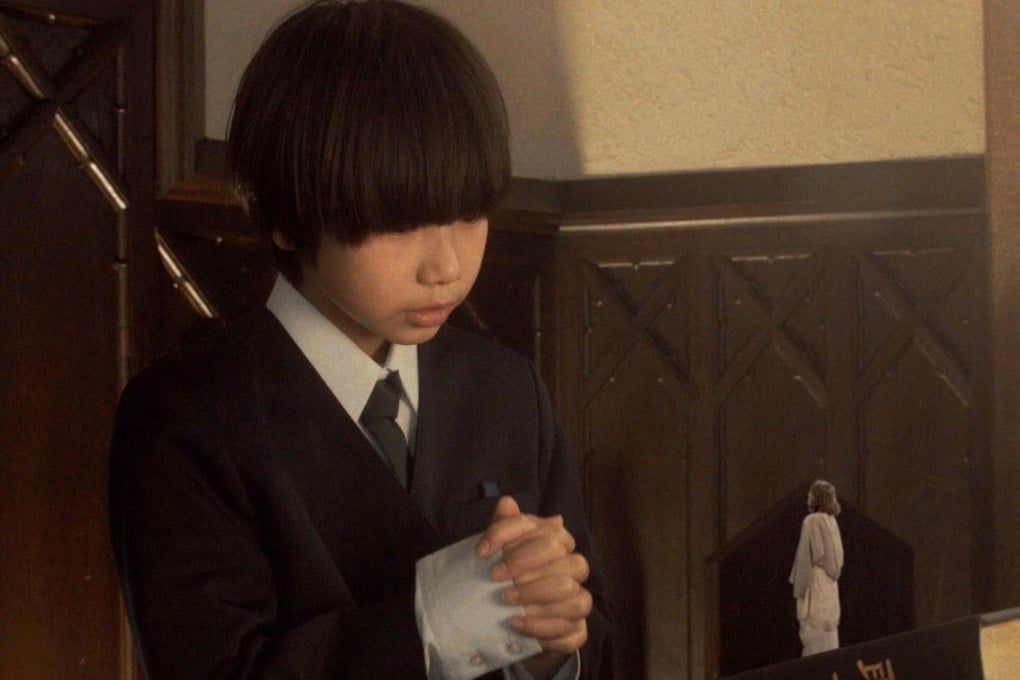Review | Jesus film review: a lonely Japanese boy struggles with Christianity in Hiroshi Okuyama’s debut feature
- A surreal contemplation of organised religion, Jesus follows a nine-year-old boy as he seeks out tangible solutions to unanswerable questions
- The film reveals young director Hiroshi Okuyama as a staggeringly assured filmmaker already wise beyond his years

4/5 stars
Twenty-three-year-old filmmaker Hiroshi Okuyama became the youngest ever recipient of the new director award at last year’s San Sebastian Film Festival with his debut feature Jesus, which wowed audiences with its surreal contemplation of organised religion. Depicting the religious struggles of a lonely nine-year-old boy, the film, now on general release, heralds the arrival of a unique new voice in Japanese cinema.
The film follows Yura (Yura Sato), who is enrolled in a small yet prestigious Christian school when his family leaves Tokyo to live with his grandmother in a remote wintry enclave, despite him having no previous exposure to the religion. As he struggles to get a handle on his new environment, and its regimented structure of bizarre rituals, Yura attempts as best he can to understand the concept of God, and the powers wielded by this omniscient being.
Sneaking into the school chapel, Yura prays for a friend, only for a miniature Jesus – complete with sandals, beard and cascading white robes – to appear before him. The pocket-sized messiah is attentive and amusing to Yura, and when his later wish for money also comes true, it would appear Yura has truly found Jesus. But at that moment tragedy strikes, and suddenly his diminutive saviour is powerless to reverse the horrors that befall his newest convert.
Okuyama approaches the notion of blind devotion as a young child might, seeking out tangible solutions to unanswerable questions. The director conjures up a version of Christ too innocent to be offensive, yet too literal to be dismissed outright, while imposing, institutionalised elements of Christianity are repeatedly bent out of shape, not least when the hymn Gloria in Excelsis Deo is given a subversive, Isao Tomita-style electronic reworking.
